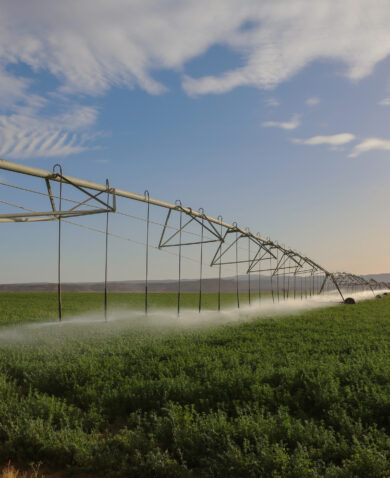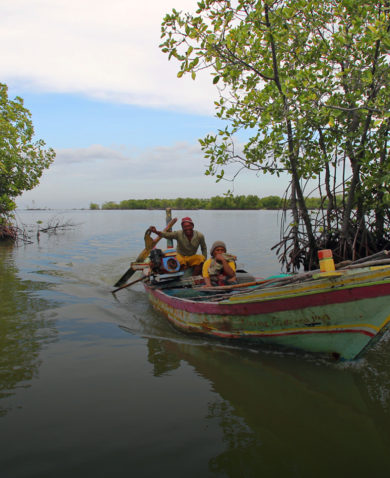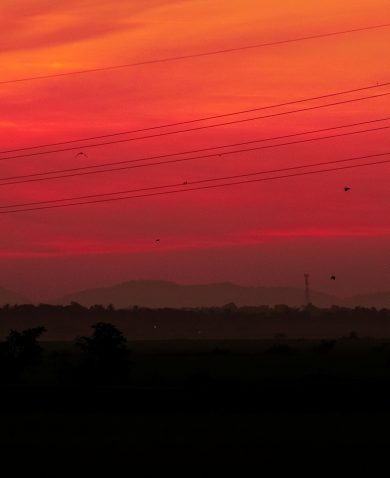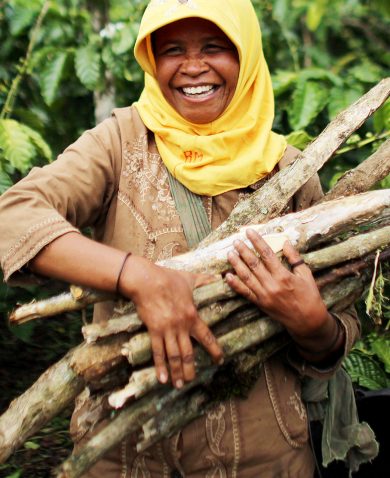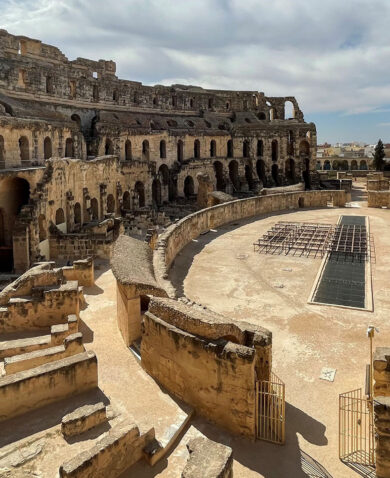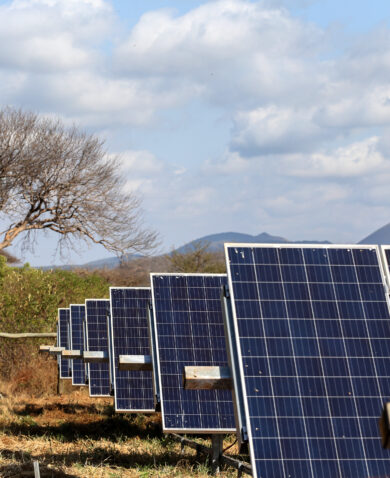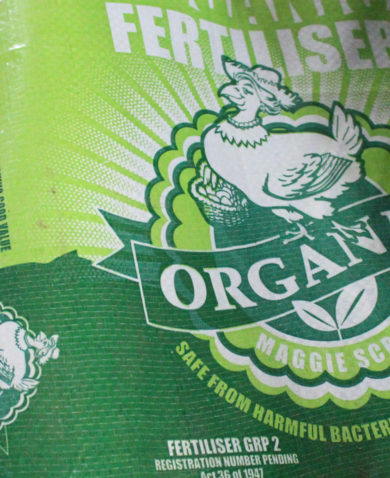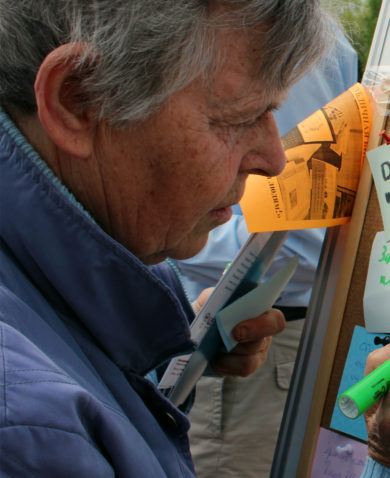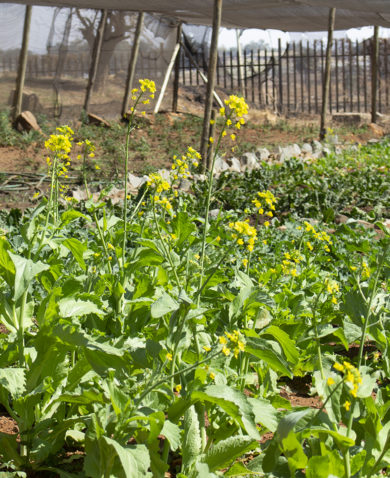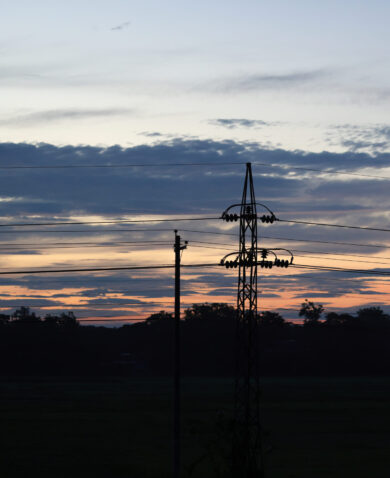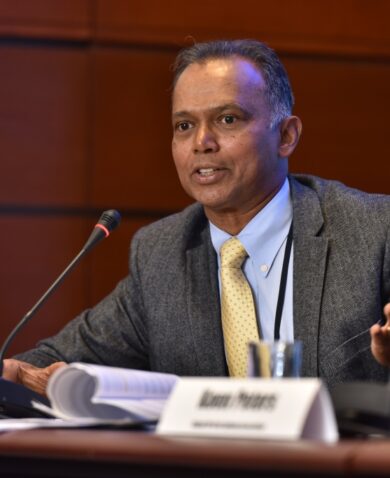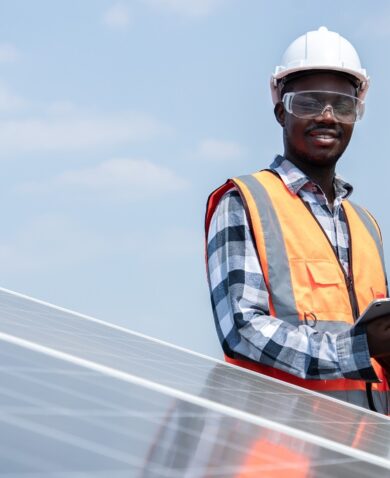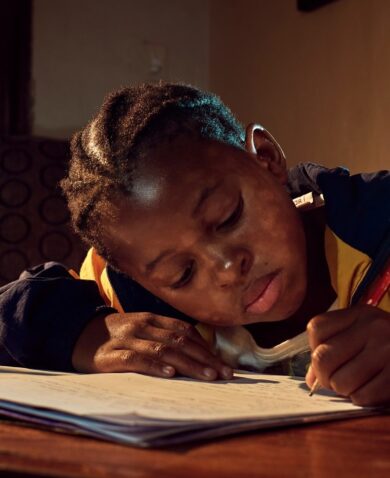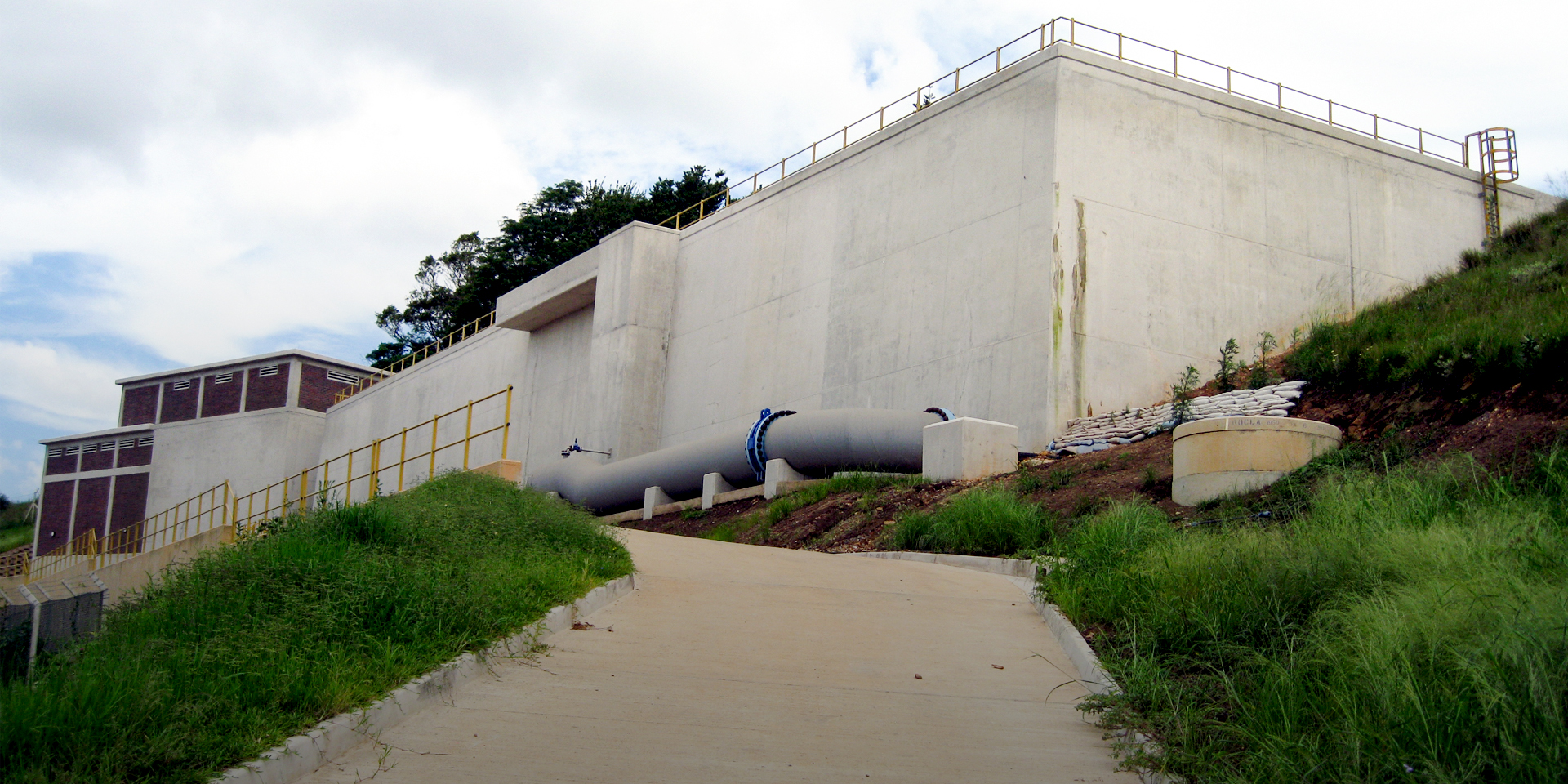
Laying a Blueprint for Municipal Public-Private Energy Partnerships
February 7, 2019 | 3 Minute ReadSouth Africa has committed to clean energy goals, but its municipalities must follow a detailed regulatory process for advancing public-private partnerships (PPPs). Melusile Ndlovu and Suzi Kondic share how one project is navigating this process, unlocking the power of PPPs for renewable energy.
Among the top emitters of greenhouse gases in the world, South Africa has redoubled its efforts to reduce emissions by expanding renewable energy generation. Several municipalities have set ambitious local clean energy goals that go beyond national targets. Yet, despite these ambitious aims, many municipalities in South Africa lack the technical capacity, access to finance, and political will required to translate these targets into action. Could public-private partnerships (PPPs) be the tool that unlocks municipal renewable energy projects?
Recent efforts by the eThekwini Metropolitan Municipality, which includes the city of Durban, could serve as a blueprint for other municipalities seeking to get their renewable energy projects off the ground. The municipality hopes to generate clean electricity by placing turbines within some of its water pipelines to capture the “free energy” created by the water’s gravitational flow. The USAID South Africa Low Emissions Development (SA-LED) program supports eThekwini in its efforts to leverage private capital for the project — the first of its kind under the South African National Treasury’s regulatory framework for PPPs. Still a work in progress, the eThekwini hydropower plant project is currently in the feasibility stage — the second of a six-stage procurement process.
Working with the National Treasury, SA-LED has already learned some valuable lessons:
Navigating a Difficult Regulatory Environment
Most municipalities that pursue small-scale energy development projects need to enter five- to 20-year power purchase agreements. In South Africa, this subjects them to the National Treasury’s multi-step municipal procurement regulations. The National Treasury understands that developers usually opt to avoid this time-consuming — and sometimes confusing — process. So, to ensure focused support to PPP developments, the National Treasury appoints a PPP advisor to each project upon registration.
SA-LED serves as eThekwini’s PPP advisor, guiding both the National Treasury and the municipality through the procurement process. The eThekwini Water and Sanitation Unit, SA-LED, and National Treasury PPP Unit meet monthly to keep everyone apprised of progress made and challenges encountered. The National Treasury also supports an open-door policy for advisory support when needed. These regular check-ins and the National Treasury’s involvement at each step have enabled eThekwini to lay a strong foundation for its project, bolstered by support from the national level and from international technical experts. Instead of circumventing the prescribed PPP process as many local developers and municipalities would rather do, SA-LED and the eThekwini Water and Sanitation team have found that bringing the National Treasury into the discussion early and maintaining strong communication lines is creating a healthy working environment for the project’s development.
Mitigating High Transaction Costs
Municipal-level energy PPPs typically come with high transaction costs. Costs related to project preparation — mainly due to the required feasibility studies — can make small-scale PPPs cost-prohibitive for municipalities. Furthermore, politicians often deprioritize clean energy projects because these projects don’t produce results quickly enough to align with election cycles. This can make it difficult to justify funding them. These factors led eThekwini to seek a private partner for its envisioned hydropower project. Of course, inviting a private actor into a deal related to provisioning a public good, such as energy, often comes with complexity and public scrutiny.
SA-LED has found that the donor community is uniquely placed to guide municipalities through what they perceive as a scary, time-consuming procurement process. By leveraging international expertise and resources, development assistance programs can support transaction advisory teams by providing financial analysis, sharing best practices for drafting PPP agreements, and advising on PPP structuring. There isn’t much local experience in conduit hydropower in eThekwini, so SA-LED brought in experts on PPPs and hydropower to offer technical assistance, lend credibility to the project, and encourage the municipal water authority’s confidence in the technical and financial viability of the project.
What’s Next?
In 2018, the eThekwini Metropolitan Municipality and the SA-LED team completed the pre-feasibility study. This study confirmed the potential for project development, which allowed SA-LED to commit its technical assistance to the PPP. The team is now completing the feasibility study, the results of which will be presented to the municipality’s council and the National Treasury for approval before the project can begin the procurement phase. At that point, SA-LED will support preparation of the tender documentation and assist in the bid evaluation process. We will continue to share lessons learned as this innovative project moves forward with the hope that it will be replicable in other municipalities within the region.
So, could public-private partnerships (PPPs) be the tool that unlocks municipal renewable energy projects? By involving stakeholders in the process early and fostering regular communication, we can develop the conditions needed for navigating an onerous regulatory environment. Furthermore, PPPs can leverage the monetary and technical resources needed to gain support for projects that local politicians may not support. Thus, while it’s still early days for the eThekwini hydropower PPP, we’re cautiously optimistic.
Posts on the Chemonics blog represent the views of the authors and do not necessarily represent the views of Chemonics.


